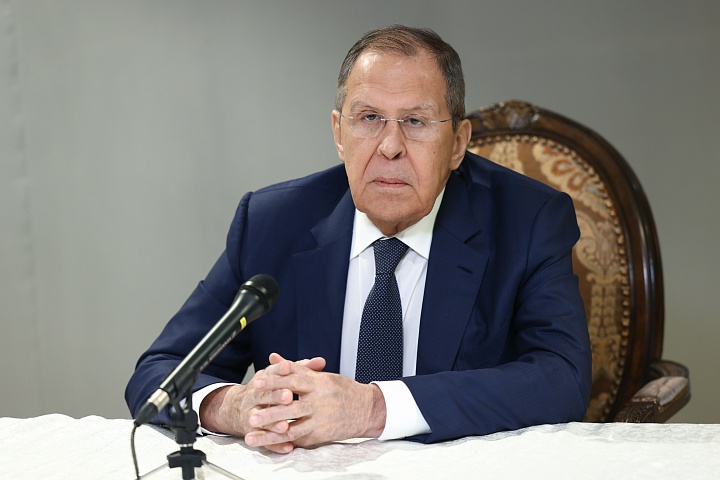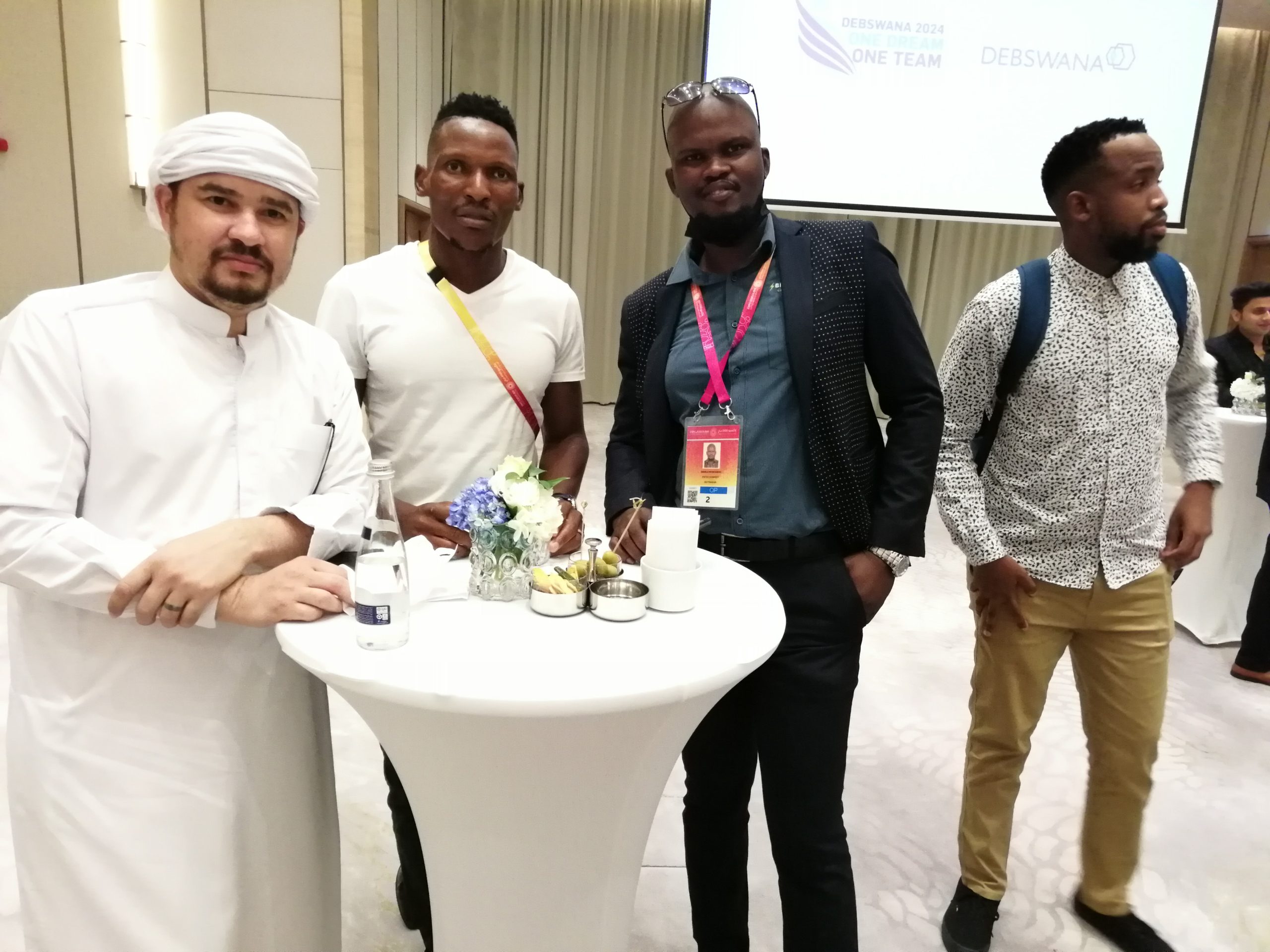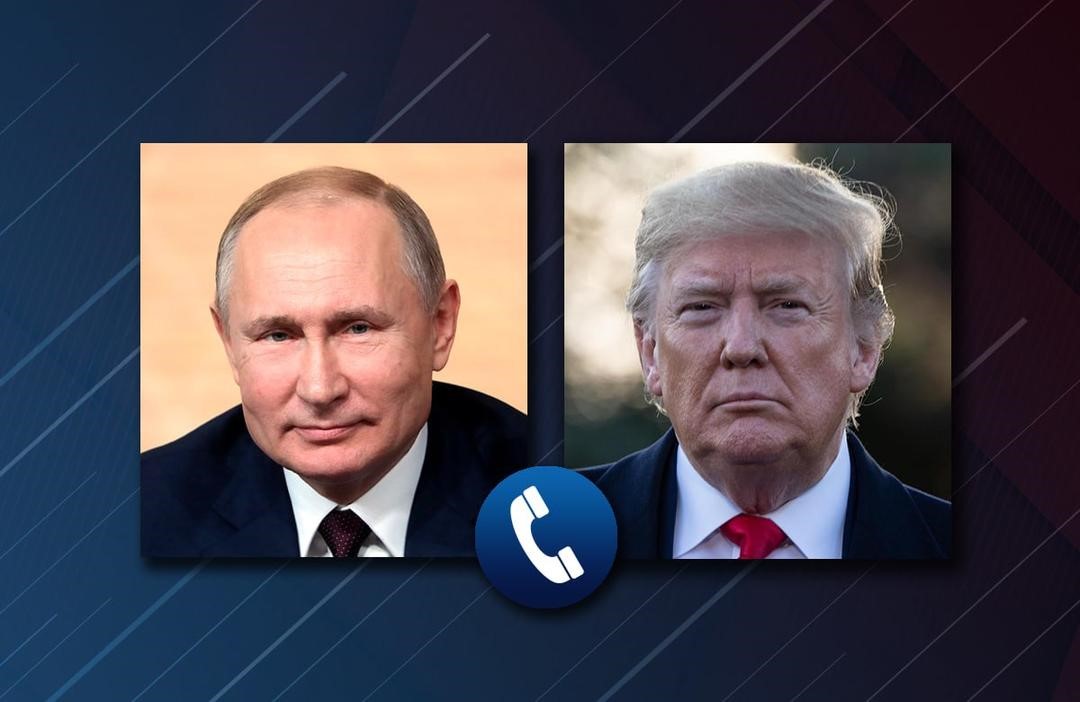
We wish to extend our gratitude to the Saudi Arabian leadership for facilitating a meeting between Russian and American representatives. This appreciation was conveyed personally to the Kingdom’s Crown Prince Mohammed bin Salman during an audience attended by Presidential Aide Yury Ushakov and myself.
Our discussion, spanning roughly an hour, focused on our bilateral relations and the importance of ensuring, if not full consensus (which is unattainable), then at least the preparedness of major powers to sustain a normal, professional dialogue under any circumstances. This entails listening to one another, learning from ongoing events, and averting conflicts and crises.
This stance of Crown Prince Mohammed bin Salman was, in essence, mirrored in our negotiations with the American delegation. At the commencement of the discussion, US Secretary of State Marco Rubio underscored the fundamental importance of each nation being guided by its national interests in international relations. We fully concurred with this, along with the understanding that these national interests will not always coincide. However, when they diverge, it is essential to manage these differences, not leave them to chance, and certainly not incite confrontations, whether military or otherwise.

Where national interests overlap, every effort should be made to harness these areas and undertake mutually advantageous projects in the geopolitical and economic realms.
The dialogue was highly fruitful. We not only listened but also understood each other. I am confident that the American side has gained a clearer understanding of our position, which we reiterated in detail, drawing on numerous statements by President of Russia Vladimir Putin and supported by specific examples.
Concerning the agreements reached: firstly, and perhaps most urgently and relatively straightforward, is to ensure the prompt appointment of ambassadors of Russia to the United States and of the United States to Russia. Furthermore, to dismantle the hurdles that have been erected over many years, primarily by the Biden administration in the past four years, which have considerably obstructed the work of our diplomatic missions: the incessant expulsions of our diplomats, to which we were obliged to respond, the ongoing issues with the seizure of our property, and much more.
Not least among these issues are the attempts to restrict our banking transactions. Naturally, we have reciprocated. We agreed that our deputies will soon convene a meeting to assess the need for removing these artificial barriers in the operations of embassies and other foreign missions of Russia in the United States and of the United States in Russia. Moreover, they will endeavour not to focus on any specific manifestation of these obstacles but rather to approach the matter systematically, aiming to eliminate these inconveniences once and for all, which genuinely impede the development of normal, day-to-day relations.
The second arrangement: we have agreed that a “process for Ukrainian settlement” will be initiated shortly. The American side will inform us who will represent Washington in this endeavour. Upon learning the name and position of the designated representative, as President of Russia Vladimir Putin advised President of the United States Donald Trump, we will immediately appoint our participant in this process.
Thirdly, in a broad conceptual sense, as the processes related to resolving the crisis in Ukraine advance, we will concurrently establish conditions for our cooperation to resume in full and expand across various domains.
There is considerable interest (which we share) in resuming consultations on geopolitical issues, including various conflicts in different regions where both the United States and Russia have vested interests.
A strong interest has been expressed in removing artificial barriers to the development of mutually advantageous economic cooperation. Head of the Russian Direct Investment Fund Kirill Dmitriev participated in today’s discussion of the economic facets of our meeting. He outlined certain issues that could be resolved swiftly to the benefit of both Russia and the United States.
Question: Assessments vary, but they are mostly positive. The American side has provided some of their assessments as well. Did you find more success in bringing positions closer in matters of Russia-US relations or Ukraine settlement? Did you manage to lay the groundwork for a meeting between the presidents of Russia and the United States? What are your next steps? Do you have any meetings scheduled any time soon? Secretary Rubio said everyone on the Ukrainian track will need to make concessions. Is there any sense of what concessions specifically will need to be made?
Sergey Lavrov: Reaching an understanding on certain issues does not necessarily imply convergence of positions, which I mentioned earlier. We have reached a practical agreement to resolve once and for all the issue of proper functioning of our respective diplomatic missions. Both sides expressed desire to provide concrete solutions to issues of international affairs and economic ties.
With regard to Ukraine, I mentioned that we came to an agreement that the Americans will appoint their representative for Ukraine. We will reciprocate, and regular consultations will follow.
We met because the presidents of Russia and the United States decided so and agreed to start preparations for a summit. To this end, foreign ministers and national security advisers were instructed to meet and see where things stand before the presidents can begin to discuss the specific date for the summit.
Question: Shortly after the meeting concluded, much has been said, citing sources that are close to the diplomatic process, about a “three-step plan” for Ukraine that Russia has allegedly agreed upon with the United States. Is there such a plan?
Sergey Lavrov: I have not seen any information or reports concerning the “three-point plan.” Today, as I was browsing through the latest news, I saw a link to Polish Foreign Minister Radoslaw Sikorski saying “on the sidelines of Munich Conference” that he had met with US Presidential Envoy Keith Kellogg who informed him about a settlement plan. It didn’t say whether the plan had three or more points. Commenting on the plan, Sikorski said he was not at liberty to disclose the details. “The plan is unorthodox, but can be quite interesting.”
I asked Secretary Rubio and Michael Waltz about it, and they told it was a false report.
Question: Prior to this meeting, the United States sent a questionnaire to the EU asking what contribution it could make in terms of providing security guarantees for Ukraine. There was a question about deploying troops in Ukraine. What does Moscow think about this?
Sergey Lavrov: I have mentioned the “floating” information about the Americans asking questions to the EU in order to better understand the EU plans and to find out what the Americans can do to help or get involved otherwise.
But I also said that the Americans are interested in knowing which particular countries are willing to provide armed peacekeeping contingent after the conflict gets settled or an agreement is reached. Clearly, this question is addressed to EU members.
We let our dialogue partners know that we took note of President Trump being the first Western leader to clearly state on several occasions that pulling Ukraine into NATO was one of the main reasons for what is happening now, and that this was one of the biggest mistakes committed by Biden and his administration, and that if Trump were president, this would have never have happened.
In this regard, we were clear with our counterparts that President Putin has repeatedly emphasised that NATO expansion and absorption of Ukraine was a direct threat to the interests of the Russian Federation and our sovereignty. Considering this, the troops from NATO countries [in Ukraine] under a foreign flag – an EU flag, or any national flags – does not change anything in this regard. This is unacceptable.
Question: Right before the talks, the Ukrainian military attacked Kropotkinskaya Pumping Station in Kuban, which pumps oil owned by US and EU companies, among others. Is Zelensky trying to send a “black mark” to President Trump now that the United States had established a contact with Russia?
Sergey Lavrov: This stunt involving an attack on the energy infrastructure of what is, in fact, Kazakhstan may have many reasons behind it, and we can only speculate about why Kiev issued that order. However, this should only reinforce everyone’s opinion that this cannot go on like that, and that this individual and his entire team must be reined in and called out on it.
By the way, our US colleagues mentioned a moratorium on attacks on energy facilities. We told them we have never put household energy supply systems in danger, and targeted exclusively the facilities that supply energy to the Ukrainian armed forces.
We reminded them of the fact that back during the talks about the potential resumption of the Black Sea deal, we discussed the issue of protecting energy facilities with the Turkish mediators. We said we were ready to discuss the modalities, but Zelensky refused to do so.
Question: Can statements by a number of EU countries about their desire to have a seat at the negotiating table be connected with the statements about their historical rights to Ukrainian lands?
Sergey Lavrov: I don’t know. But people are talking about this. Romanian politicians mentioned this not long ago. I’d rather not speculate on this.
Question: Yesterday, Zelensky said he did not recognise the outcomes of the US-Russia talks. How important, do you think, is Zelensky’s participation in these talks in order to achieve a negotiated settlement? Can he count on being part of this process?
Sergey Lavrov: There is no need to go into details, because this matter was covered in great detail by President Putin in his recent interview with Pavel Zarubin. I have nothing to add to that.
Question: It is obvious to many that serious attempts are being made to torpedo the efforts to establish and to resume Russia-US relations. What should Russia do to stave off these attempts and to safeguard this process? After four and a half hours of one-on-one talks with the Americans, do you have a sense that they are determined to restore relations with Russia?
Sergey Lavrov: In order to avoid having Russia-US relations torpedoed, we must first establish them which is what we were busy doing today. Truth be told, it was not a wasted effort.
We did not discuss all the matters that are still dividing us. However, the conceptual approach to future work was defined by the presidents during their telephone call.
We sensed complete determination and concrete commitment of our US counterparts to making vigorous steps towards this end, as our respective presidents instructed us to do. We, too, will engage in these efforts.









